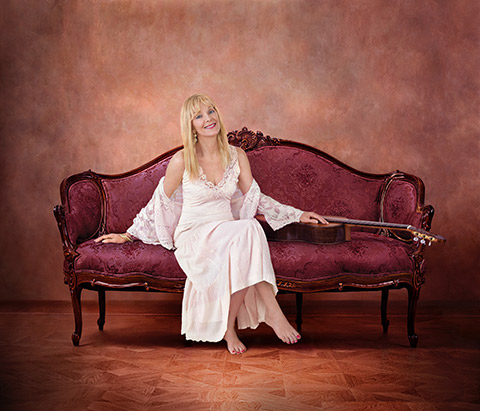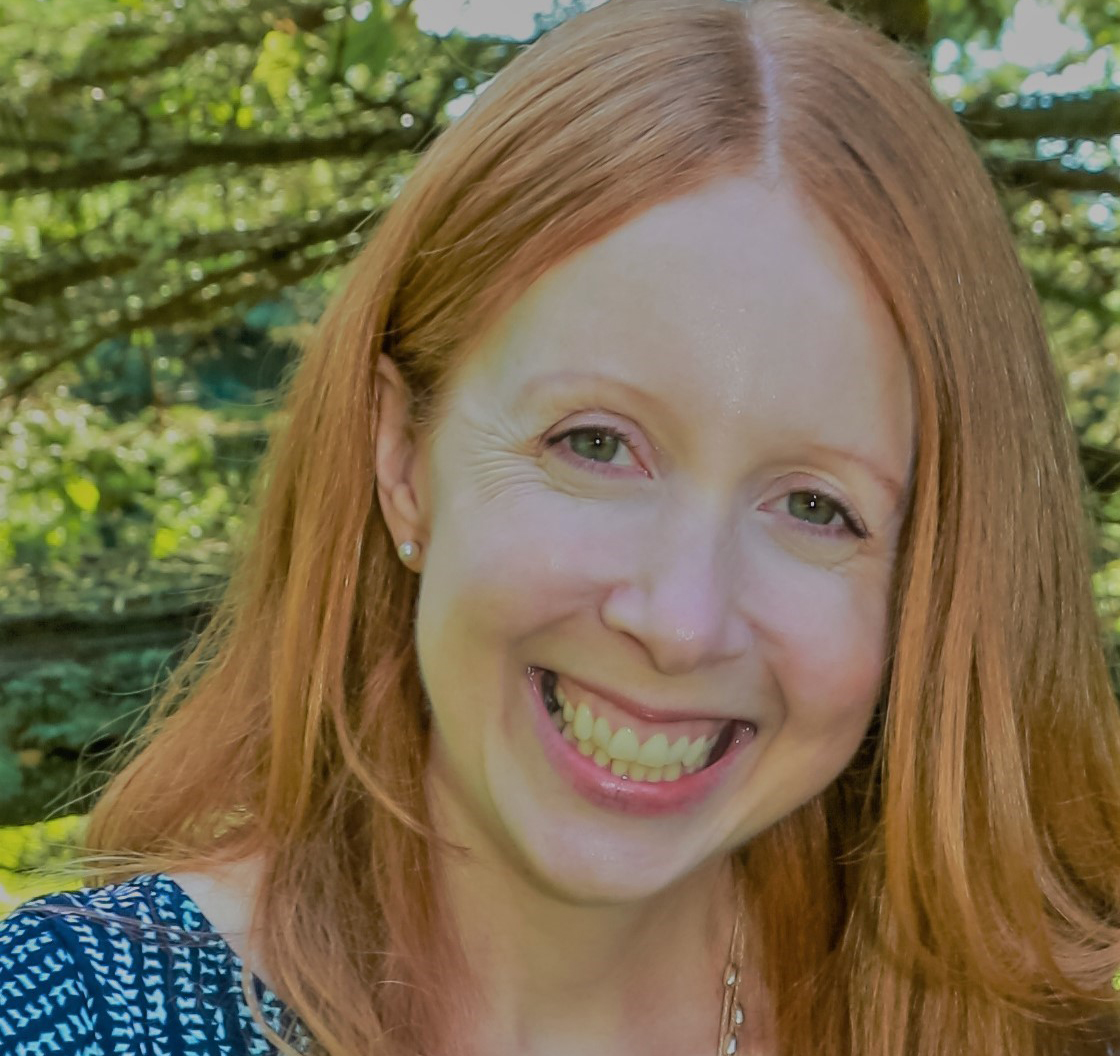Liona Boyd (BMus 1972), often referred to as the First Lady of the Guitar, recently released a new album and autobiography, both titled “No Remedy for Love.” The book picks up where her last memoir, In My Own Key: My Life in Love and Music, left off, chronicling her ups and downs over the last two decades – including a neurological condition due to over-practice, which left her unable to perform for six years; her divorce and move from California back to Toronto; her reinvention as a singer and songwriter; and the release of five albums.
Boyd, a five-time Juno Award winner, has not only collaborated with many of classical music’s leading lights, but with folk and rock stars ranging from Gordon Lightfoot and Eric Clapton to Tracy Chapman. She is currently on a Canadian tour with singer and guitarist Andrew Dolson. On November 25, she will be at Trinity St. Paul’s in Toronto.
Did you always know that you wanted to play guitar?
A psychic told my mother I was going to travel all over the world and be renowned. And then years later another psychic predicted that words would be important to me, and I’ve always liked writing. I almost became a journalist, but I developed this great passion for classical guitar, which I think is the most beautiful instrument in the world.
What was it like being the only classical guitar student at the Faculty of Music?
I was a bit of a pioneer, because in those days not only were there no women playing classical guitar, there were very few classical guitarists in general. It was a very elite little group that would play for small guitar societies. And that’s where I thought my career would go when I was studying at U of T. I was taught there by Eli Kassner – he was a wonderful professor.
I used to sometimes practise four or five hours a day. They say you have to put 10,000 hours in to be good at anything, and I definitely did that. I was really obsessed. Playing guitar was never work for me. I loved learning new pieces, and I became a virtuoso. But at the time I never realized that my career would suddenly take off.
When, and how, did your career take off?
My early recordings helped, and so did the recital I played at Carnegie Hall in 1975. I received a good review, and then basically I lived out of a suitcase for the next 30 years while I played all over the world – from Hong Kong to New Zealand to the Far East and all over South America. I always just seized the moment. If someone said, “Hey, we’d love to have you play in Kathmandu,” I’d say, “Yes, absolutely.”
Then I started to be invited on television shows – I was on the Tonight Show three times, which was really unusual. I’m sure I was the only classical guitarist to do that. Suddenly millions of people were discovering my music, and many of my records became gold and platinum.
Do you ever have performance nerves?
Those early recitals at U of T were some of the most nerve-wracking performances for me – because my parents and teachers would be there. I’ve played for 20,000 people, when there were the big Super Trouper spotlights on me and I knew there were a sea of people out there, but I just became lost in my own music.
In 2003 you had to stop performing. What happened?
I had something called Musician’s Focal Dystonia in a finger of my right hand, and it interfered with my playing. It’s a painless neurological condition related to overuse. Part of my mission has been telling people about this condition and what happened to me, because it took six years to get back to performing.
What did you do during the years you were recovering?
Musician’s Focal Dystonia has been the best gift of all, because it opened up this new life chapter after I first thought it would end my career. I wrote my new book, and composed and recorded five albums where I added singing and song-writing to my guitar playing. It’s something I feel I was destined to do. I never had confidence in my voice. I knew I was never going to be an opera singer or Celine Dion, but I enjoy my still-untrained, more folky voice, and I’m a born storyteller.
What’s the meaning of the title of your new album and memoir, “No Remedy for Love”?
I was walking by the Church of the Redeemer at Avenue and Bloor one day, and it had a sign up with the quote, “There is no remedy for love but to love more.” It’s by Henry David Thoreau.
You’ve spoken publicly recently about the challenge of being a woman in the music business. Is it similar to the movie business?
Yes, it’s just as bad. In my first book I wrote about all the experiences I had with producers and directors who were like Harvey Weinstein. It was really awful, because there were so many opportunities I had to turn down because the price was too high. I could have played a concert with Frank Sinatra, for example, but there was a deal involving an awful manager. On the other hand, I’ve also had a lot of wonderful people in my life.
A number of those people are very famous, including Pierre Trudeau, whom you dated for eight years. And you have a continuing friendship with Prince Philip – what is he like?
I’ve had a 30-year correspondence with Prince Philip, who is the exact opposite of the men in L.A. I was talking about. He’s a true gentleman, and he’s been so supportive of my music. He even invited me and my former husband to stay in Windsor Castle in the ’90s. This past March he invited me back. I sang him a song from my new album called “Love of the Horse” – he’s heard me play many times, but he had never heard me sing. I wanted to dedicate it to him, and he said yes. I’ve done some charities for him over the years, and I just adore him. He’s a quietly wonderful man. He always signs “Dear Liona” and “Love Philip” by hand in his letters, but the rest he types. I always thought he dictated and had someone type for him. I asked him last time, and he said he types them all himself.
Your music videos have more than 5 million views on YouTube. How do you feel about the changes in the music industry?
Who would have thought! It’s great, but I resent when people steal our music, of course. I still like to buy a physical album, and a lot of thought goes into the design and sequence of songs. I know you can buy single songs, but I think an album should be kept together.
And how have you changed over the course of your career?
I haven’t changed. In no way am I a diva or prima donna. I still enjoy sitting on the subway and talking to people. I live very close to the U of T campus, and I often walk around the places I walked so many times before when I was a student lugging my heavy guitar case. I’ve sort of come full circle.
Recent Posts
People Worry That AI Will Replace Workers. But It Could Make Some More Productive
These scholars say artificial intelligence could help reduce income inequality
A Sentinel for Global Health
AI is promising a better – and faster – way to monitor the world for emerging medical threats
The Age of Deception
AI is generating a disinformation arms race. The window to stop it may be closing





